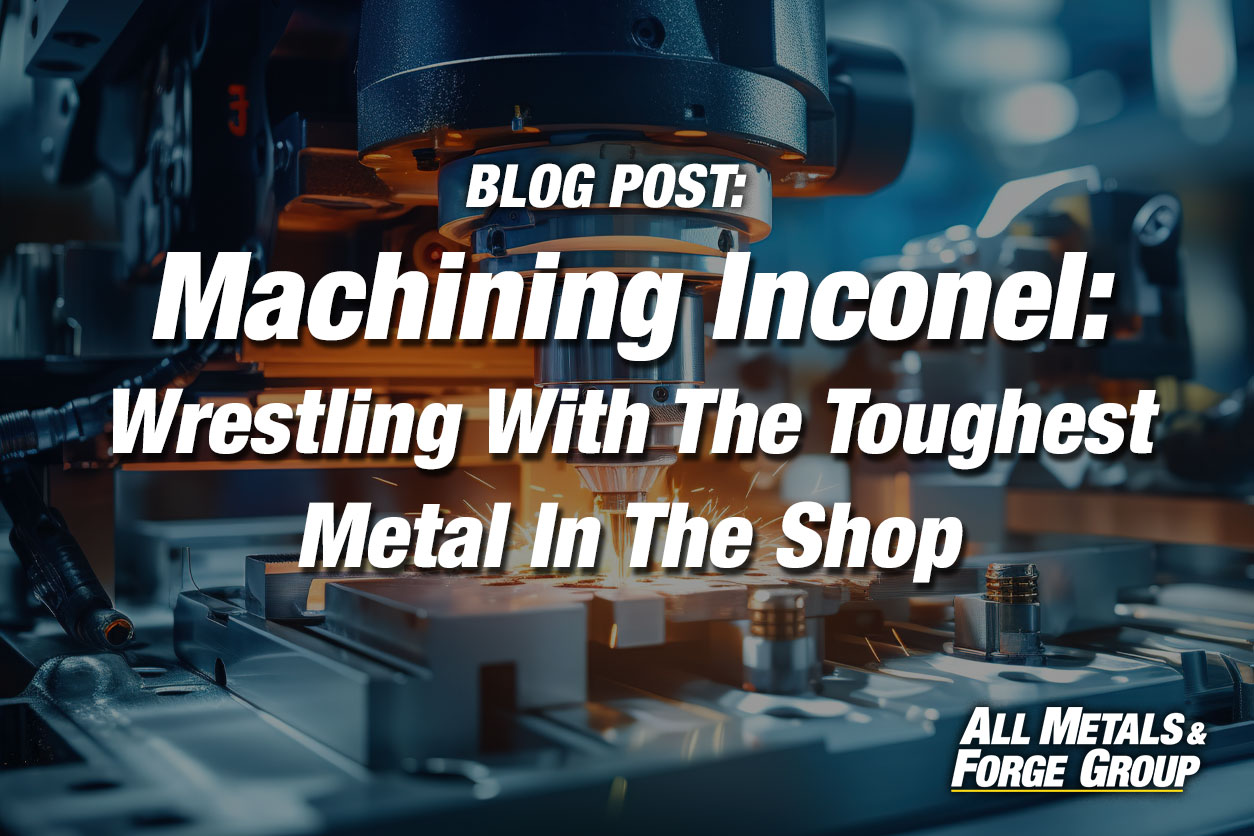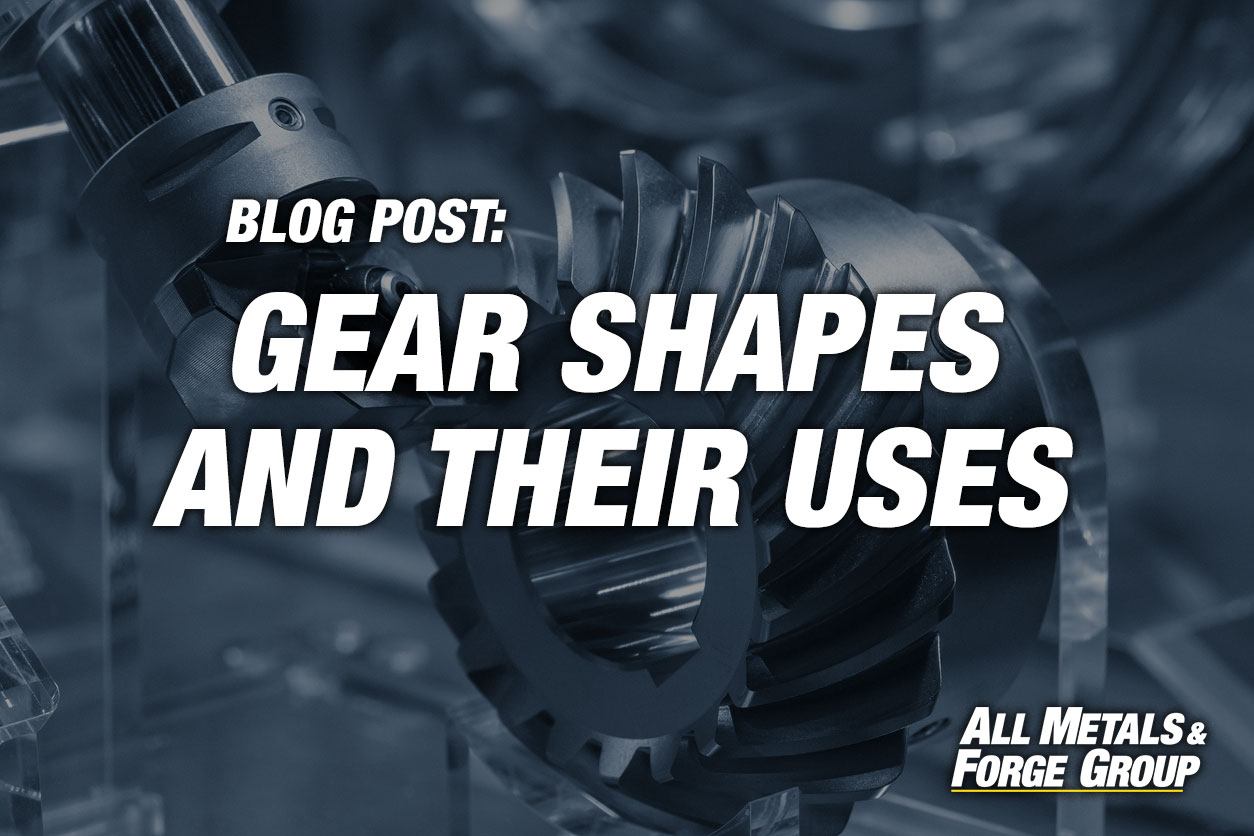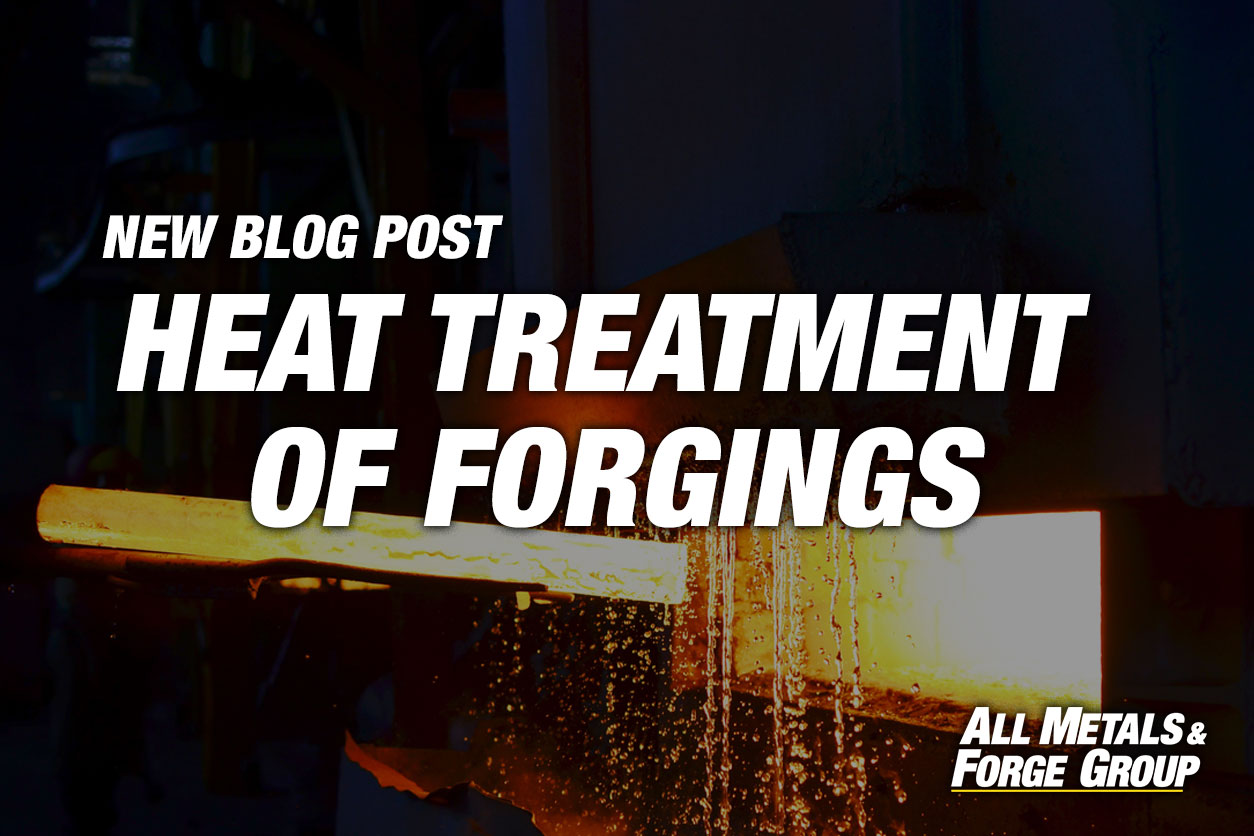by Royce Lowe
The Inconel® group of alloys is used in industries that range from aerospace through chemical processing, oil and gas, nuclear engineering and marine applications. These alloys form part of the high-nickel alloys known as superalloys. Their chemical analyses comprise a nickel-chromium base, with various additions of cobalt, molybdenum, titanium, and columbium (plus tantalum.) The alloys were developed over decades to give engineering materials with varying degrees of strength, toughness, fatigue strength; stress rupture strength, resistance to heat and oxidation, and to an almost limitless range of liquid and gaseous media.
 Inconel 600 and Inconel 690 are two “basic” alloys based on nickel and chromium that can be readily forged and annealed, but only hardened by cold work. Further along in the series is Inconel 718, a precipitation hardenable alloy that contains cobalt and molybdenum, and additions of titanium and columbium plus tantalum. These additions form compounds during heat treatment that are responsible for hardening. The alloy is used in jet engine and high-speed airframe parts such as wheels, buckets and spacers, and high-temperature bolts and fasteners. The alloy is also used in the oil and gas drilling and production industries due to its high strength and resistance to chlorides, stress corrosion and sulfide stress cracking. Within these industries the alloy has been used for valves, pump shafts and wellhead components.
Inconel 600 and Inconel 690 are two “basic” alloys based on nickel and chromium that can be readily forged and annealed, but only hardened by cold work. Further along in the series is Inconel 718, a precipitation hardenable alloy that contains cobalt and molybdenum, and additions of titanium and columbium plus tantalum. These additions form compounds during heat treatment that are responsible for hardening. The alloy is used in jet engine and high-speed airframe parts such as wheels, buckets and spacers, and high-temperature bolts and fasteners. The alloy is also used in the oil and gas drilling and production industries due to its high strength and resistance to chlorides, stress corrosion and sulfide stress cracking. Within these industries the alloy has been used for valves, pump shafts and wellhead components.
Heat treatment of Inconel 718 may be adjusted to give certain required properties. For the best combination of tensile and stress rupture properties, the following quite complex cycle is recommended :
1 hr at 1750/1800ºF (955/980ºC) and air cool, then an aging treatment of 8 hrs at 1325ºF (720ºC) and cool at 100ºF/hr (56ºC/hr) to 1150ºF (620ºC), hold for 8 hrs and air cool.
For the best room temperature and cryogenic tensile properties, the cycle is :
1-2hrs at 1950ºF (1065ºC) and air cool, then 8 hrs at 1325ºF (720ºC) and cool at 100ºF/hr (56ºC/hr) to 1150ºF (620ºC), hold for 8 hrs and air cool.
Throughout the range, each Inconel alloy has its own forging and heat treatment parameters. Great care must be taken during these processes to prevent cracking and off-specification mechanical properties. All grades are solution-treated after forging, and subsequent age/precipitation hardening is performed at time-temperature combinations that are suited to the alloys’ final service conditions. To be safe, heat treatment is best carried out in sulfur-free furnace atmospheres.
Inconel 625 is a further good example of these high-nickel alloys. It has excellent strength from cryogenic to 2000 F, due to the solid solution effects of columbium and molybdenum in a nickel/chromium matrix. Excellent fatigue strength and stress corrosion resistance in chloride ions are further properties of this alloy. Inconel 625 finds applications in aerospace, chemical plants, nuclear engineering and marine engineering.
Further processing of forged and heat treated parts, from fabrication through machining and welding, can be satisfactorily accomplished on these alloys providing certain ground rules are followed. Forming, heading, coining etc. should be carried out in the solution annealed condition. Machinability of the alloys demands sharp, rigid tooling, solid equipment, and positive feeds (to minimize work hardening.) In certain cases cemented carbide tooling will be called for. A small amount of cold work on a part will improve machinability, and age-hardened material will result in a better surface finish. Welding may be carried out using resistance or gaseous methods. Any questions regarding appropriate filler metals should be referred to their manufacturers.
There are around ten of these very expensive alloys. Appropriate expertise should be sought on any questions on any aspects of processing or testing. AMFG knows where to find the necessary information.





